Starting out in photography can be daunting with the vast array of photography gear and accessories on the market. However, you don’t need a mountain of equipment to capture stunning photos. To help you get started, here’s a list of 10 essential items that every beginner photographer should have in their kit.
1. A Reliable Camera Body
Choosing the right camera body is crucial for starting your photography journey. For beginners, a DSLR or mirrorless camera is an excellent option. Focus on models that offer manual controls and interchangeable lenses. Entry-level choices such as the Canon EOS Rebel T8i or the Sony Alpha a6100 provide great quality while being easy to use.
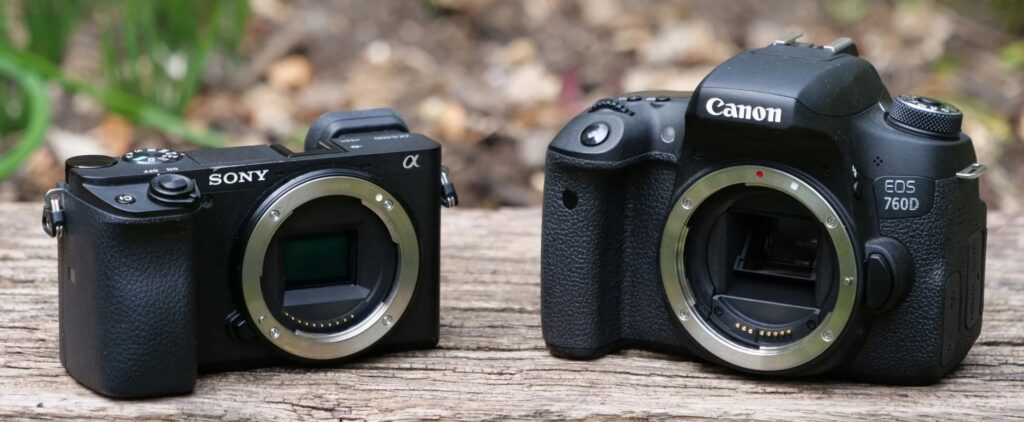
2. Versatile Lens
A versatile lens, such as a 50mm prime or an 18-55mm kit lens, is perfect for beginners. The 50mm, often called the “nifty fifty,” excels in portraits and general photography with its sharpness and ability to produce stunning background blur. Meanwhile, the 18-55mm kit lens provides a wider range, making it ideal for capturing landscapes and street scenes.
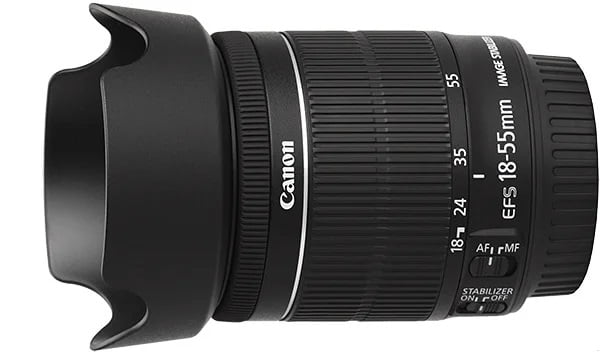
3. Sturdy Tripod
A tripod is crucial for long exposure shots, low-light photography, and ensuring your camera remains steady while shooting. Choose a lightweight and durable model, such as the Manfrotto Compact Action tripod, which is easy to carry and quick to set up.
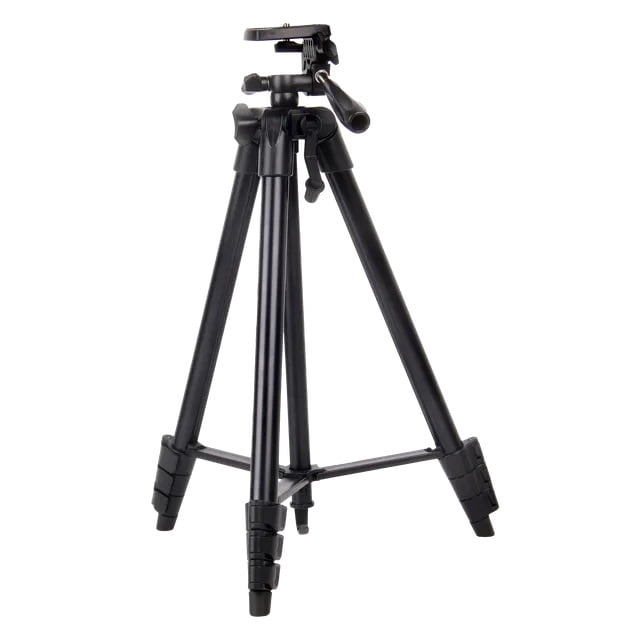
4. Camera Bag
Protecting your camera gear is essential, and a good camera bag is a must-have. Choose one with padded compartments to safeguard your equipment. The Lowepro Tahoe BP 150, for example, offers ample space for your camera, lenses, and accessories while being comfortable to carry.
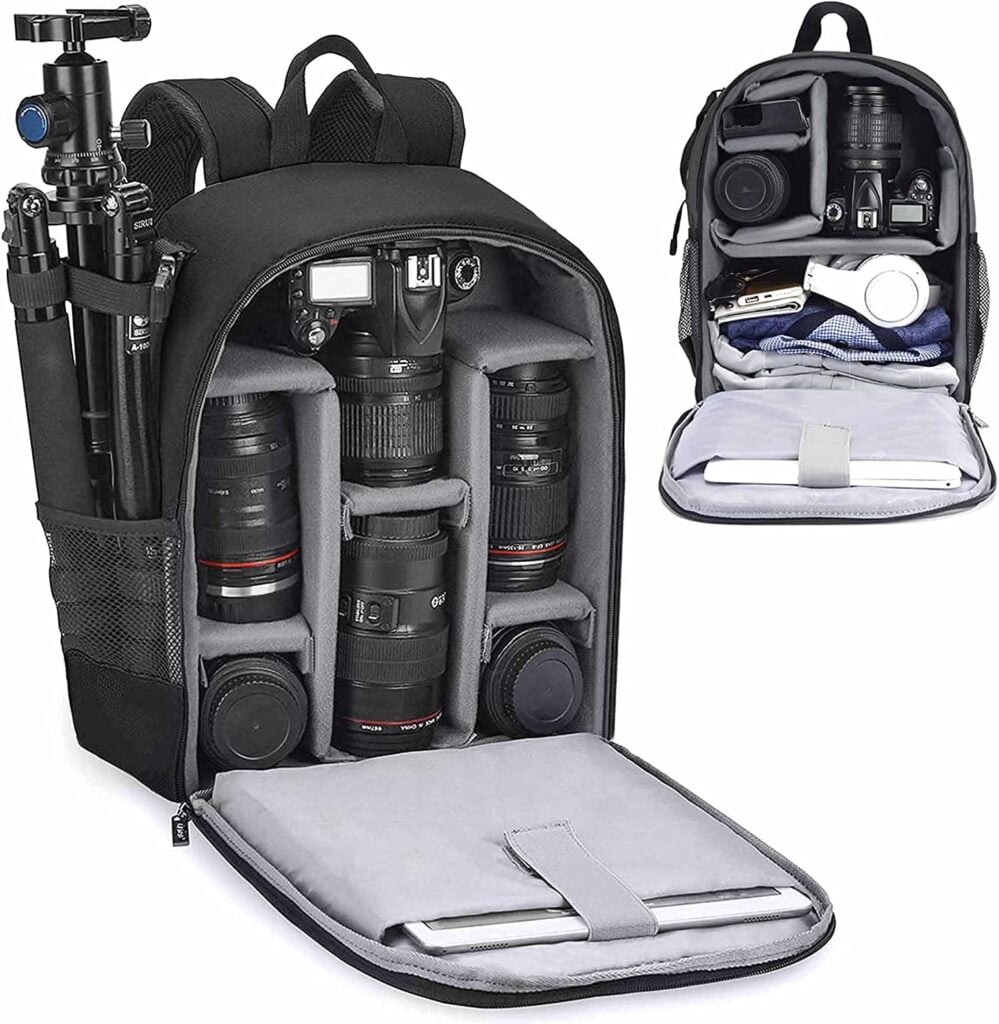
5. Extra Memory Cards
Running out of storage during a shoot can be frustrating. Carry extra memory cards to ensure you don’t miss any moments. Opt for reliable brands like SanDisk or Lexar with at least 64GB capacity and fast write speeds to handle high-resolution images and videos.
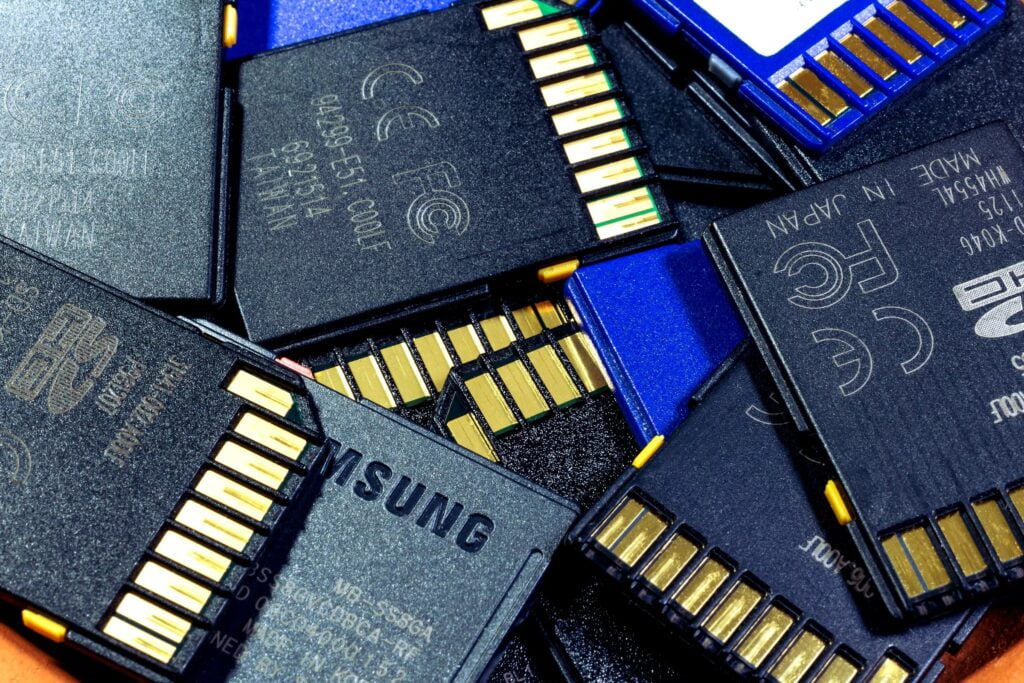
6. Spare Batteries
There’s nothing worse than a dead camera battery in the middle of a shoot. Always keep at least one spare battery available. Check your camera’s battery life and invest in manufacturer-approved batteries for optimal performance.
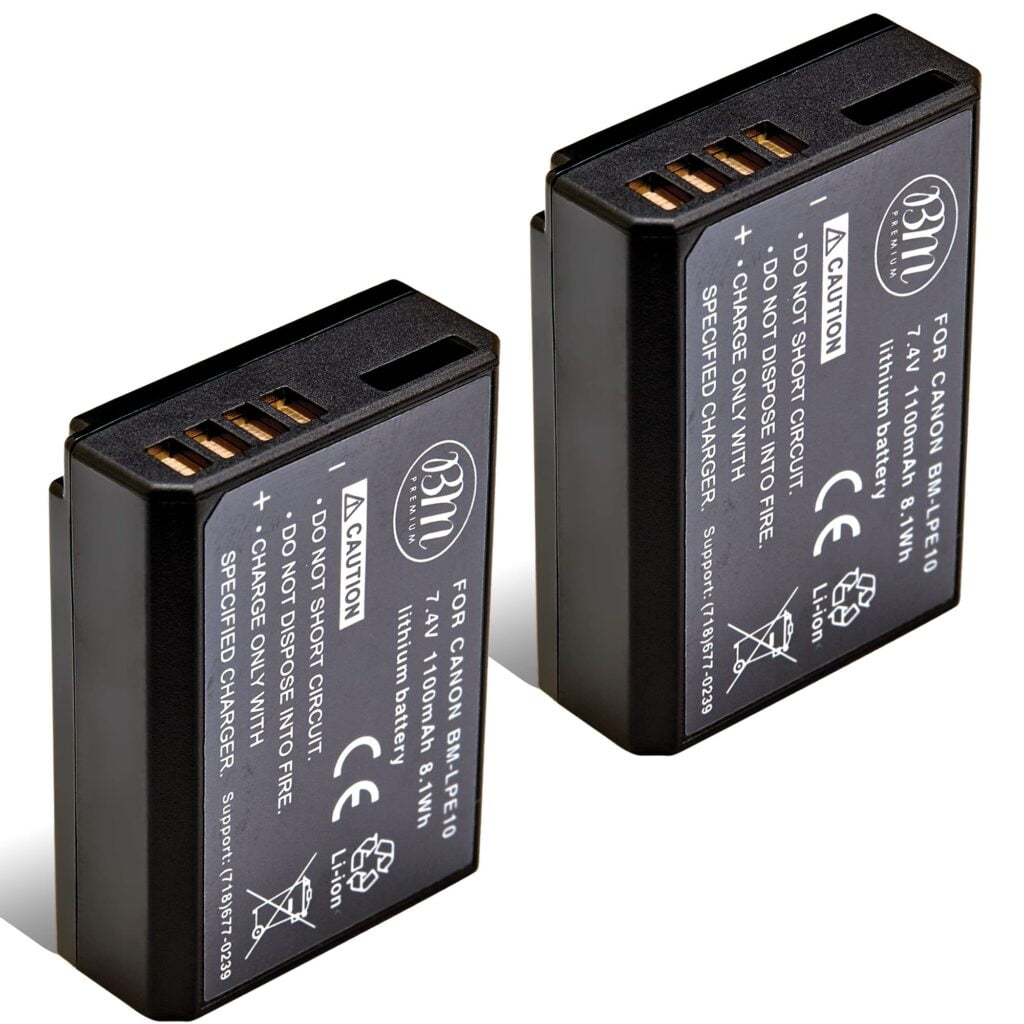
7. External Flash
While natural light is great, sometimes you need extra illumination. An external flash, such as the Godox TT600, offers more power, versatility, and control compared to your camera’s built-in flash. It helps eliminate harsh shadows and enhances photo quality, especially indoors or in low-light conditions.
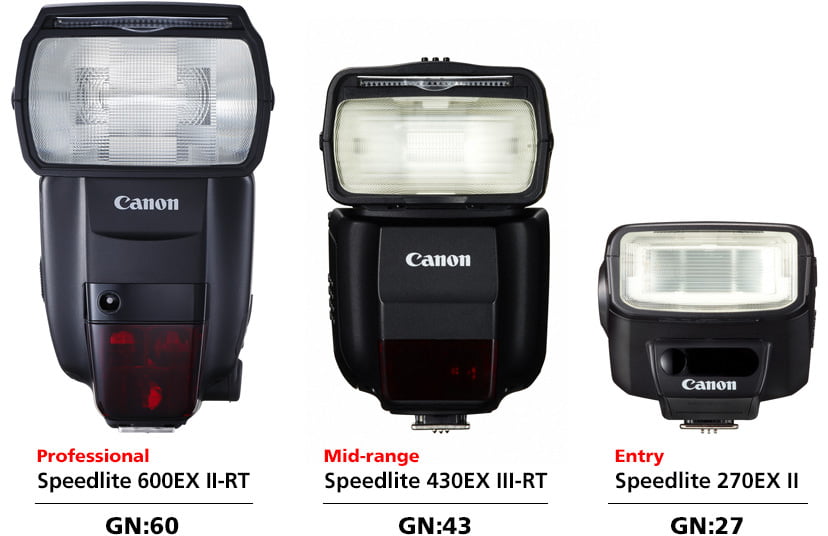
8. Lens Cleaning Kit
Dust, fingerprints, and smudges can ruin your photos. A lens cleaning kit, which includes a blower, microfiber cloth, and cleaning solution, will help keep your lenses spotless. Regular cleaning ensures sharper images and extends the life of your gear.
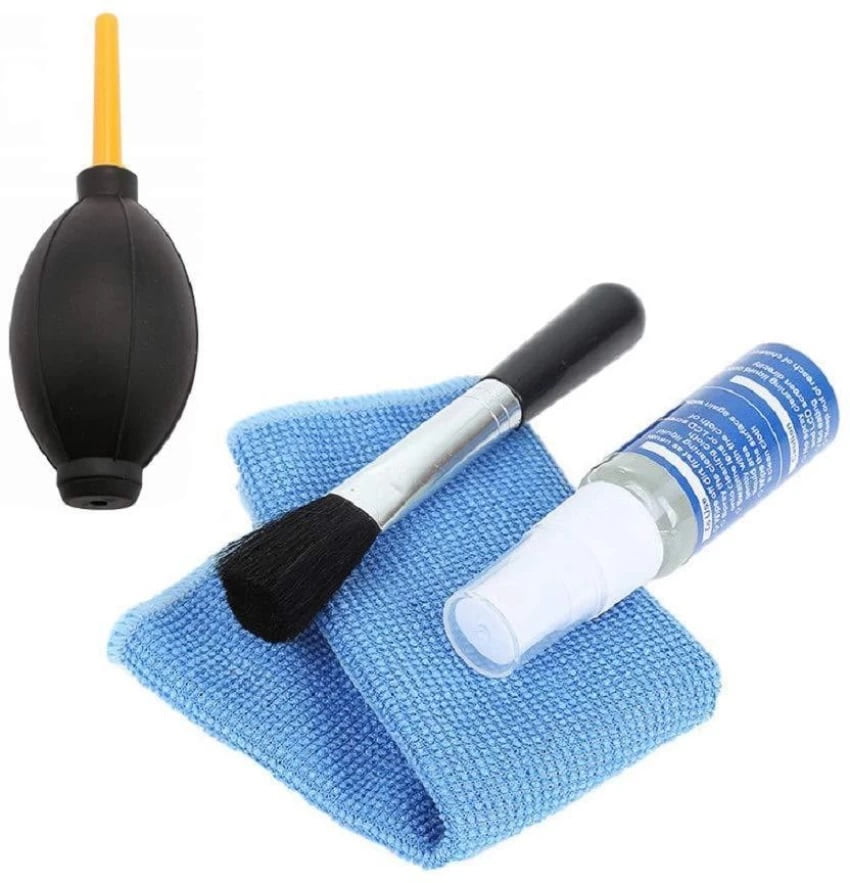
9. Portable Reflector
A portable reflector is useful for manipulating natural light. It can fill in shadows, soften harsh sunlight, or create catchlights in portraits. Reflectors are affordable and come in various sizes and colors; a 5-in-1 reflector (gold, silver, white, black, and translucent) is ideal for beginners.
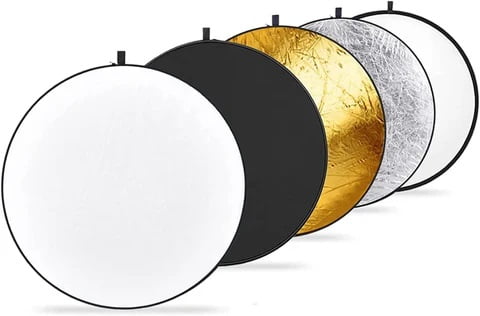
10. Photo Editing Software
Post-processing is a key part of digital photography. Adobe Lightroom and Photoshop are industry standards, but there are also free or budget-friendly alternatives like GIMP or Darktable. Learning to edit your photos will help you correct exposure, enhance colors, and add your personal touch.
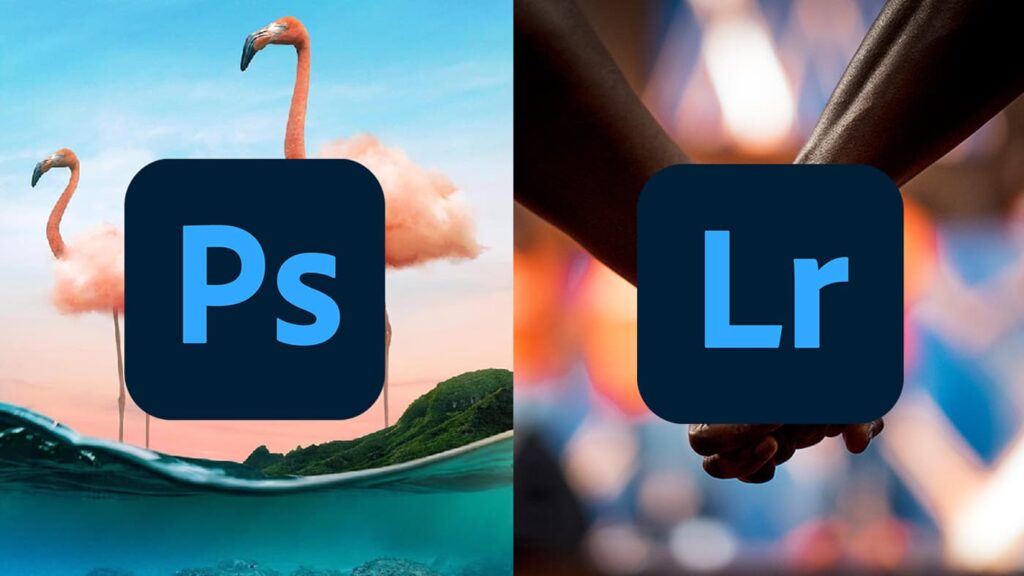
**Conclusion**
Starting with the right gear can significantly enhance your photography journey. These essentials will not only help you capture great images but also allow you to explore various styles and techniques. As you develop your skills, you can gradually add more specialized equipment to your collection. For more tips on improving your photography skills, check out our blog post, “Beginner Photography Tips: How to Start Taking Great Photos.“ Happy shooting!


